Deputy Prime Minister Tran Hong Ha highly appreciated Canada's positive actions within the framework of implementing the Just Energy Transition Agreement (JETP) - Photo: VGP
With the potential for cooperation in many fields, after 50 years of establishing diplomatic relations and 5 years of establishing a comprehensive partnership, the relationship between the two countries has been raised to a new level.
Currently, bilateral trade turnover between the two countries is expected to reach 7 billion USD in 2022. Canada is Vietnam's second largest trading partner in the Americas. Vietnam is Canada's largest trading partner in Southeast Asia. Both sides need to continue to take advantage of the advantages of being members of the Comprehensive and Progressive Agreement for Trans-Pacific Partnership (CPTPP). Vietnam is ready to be a gateway for Canada to expand trade and investment in Southeast Asia.
Besides, the cooperation between the two countries is increasingly deepening in the fields of environmental protection, education and training, science and technology, climate change response, etc.
Deputy Prime Minister Tran Hong Ha believes that through multilateral forums and cooperation mechanisms, the two countries will continue to expand bilateral cooperation in many fields - Photo: VGP
The Deputy Prime Minister also shared about the successes of the Vietnam - Canada Environmental Project (VCEP) implemented in the period of 1995 - 2006, which contributed to supporting Vietnam in gradually building its organizational apparatus, human resources, legal document system, and technical standards on environmental management to accompany the development of a green, circular, and sustainable economy.
Expressing his impression of Canadian Prime Minister Justin Trudeau's initiative and determination in achieving the goal of reducing greenhouse gas emissions by 40-50% by 2030, especially the challenge of building a global carbon pricing mechanism..., the Deputy Prime Minister said that if carbon cannot be priced to form a global carbon trading market, it will be very difficult to create financial resources and specific technological solutions to achieve net zero greenhouse gas emissions.
The Deputy Prime Minister appreciated Canada's positive actions within the framework of implementing the Just Energy Transition Agreement (JETP) of the Group of Seven (G7) and international partners, in which Vietnam also participates; he said that the two countries need to promote exemplary cooperation models in energy transition.
Supporting Canada's global initiative to deal with ocean plastic waste, the Deputy Prime Minister said that Vietnam is actively discussing and cooperating with the World Bank and Japan to promote the formation of a global legal agreement on ocean waste management, focusing on sharing skills and technologies to treat and control waste at source in parallel with handling pollution at sea.
The Deputy Prime Minister believes that through multilateral forums and cooperation mechanisms, the two countries will continue to expand bilateral cooperation in many fields; he hopes that Canada will continue to share lessons and experiences, and support Vietnam in green and sustainable development, and implementing net zero.
Thanking the Deputy Prime Minister for taking the time to meet him, Ambassador Shawn Perry Steil said that the 50th anniversary of diplomatic relations and 5 years of the Comprehensive Partnership is a time for the two countries to look back on the successes they have achieved and is a foundation for moving towards the future.
Ambassador Shawn Perry Steil said that Vietnam has made many commitments, initiatives and efforts to respond to climate change, and has achieved positive results. Therefore, Canada is ready to support Vietnam in terms of techniques, technology, governance, and resource mobilization to achieve goals on climate change response, energy transition, net zero, and the formation of a carbon credit market, etc.; at the same time, it wishes to continue promoting cooperation in areas where Canada has advantages such as clean technology, clean energy, and non-coal energy production, etc.
Source


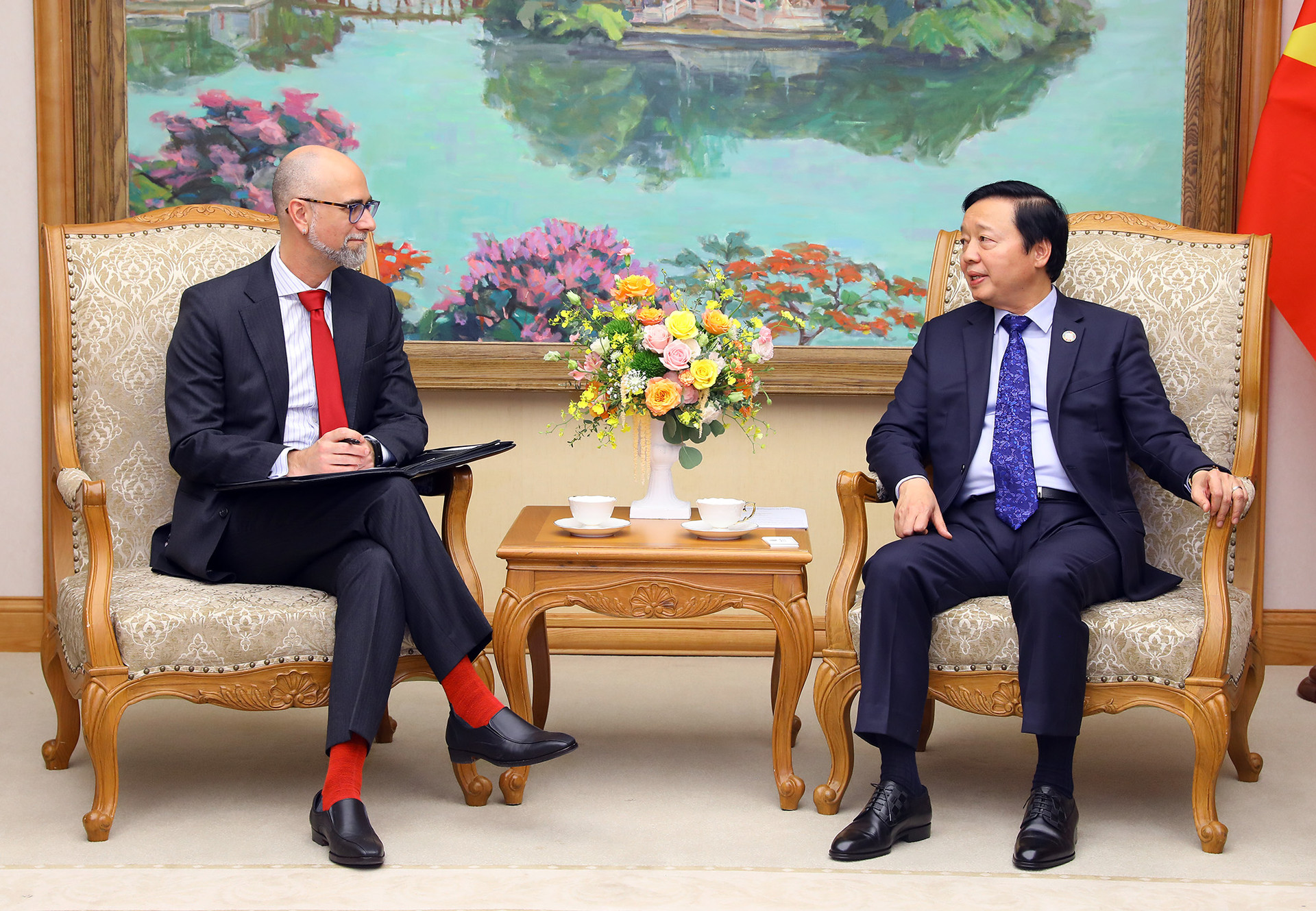
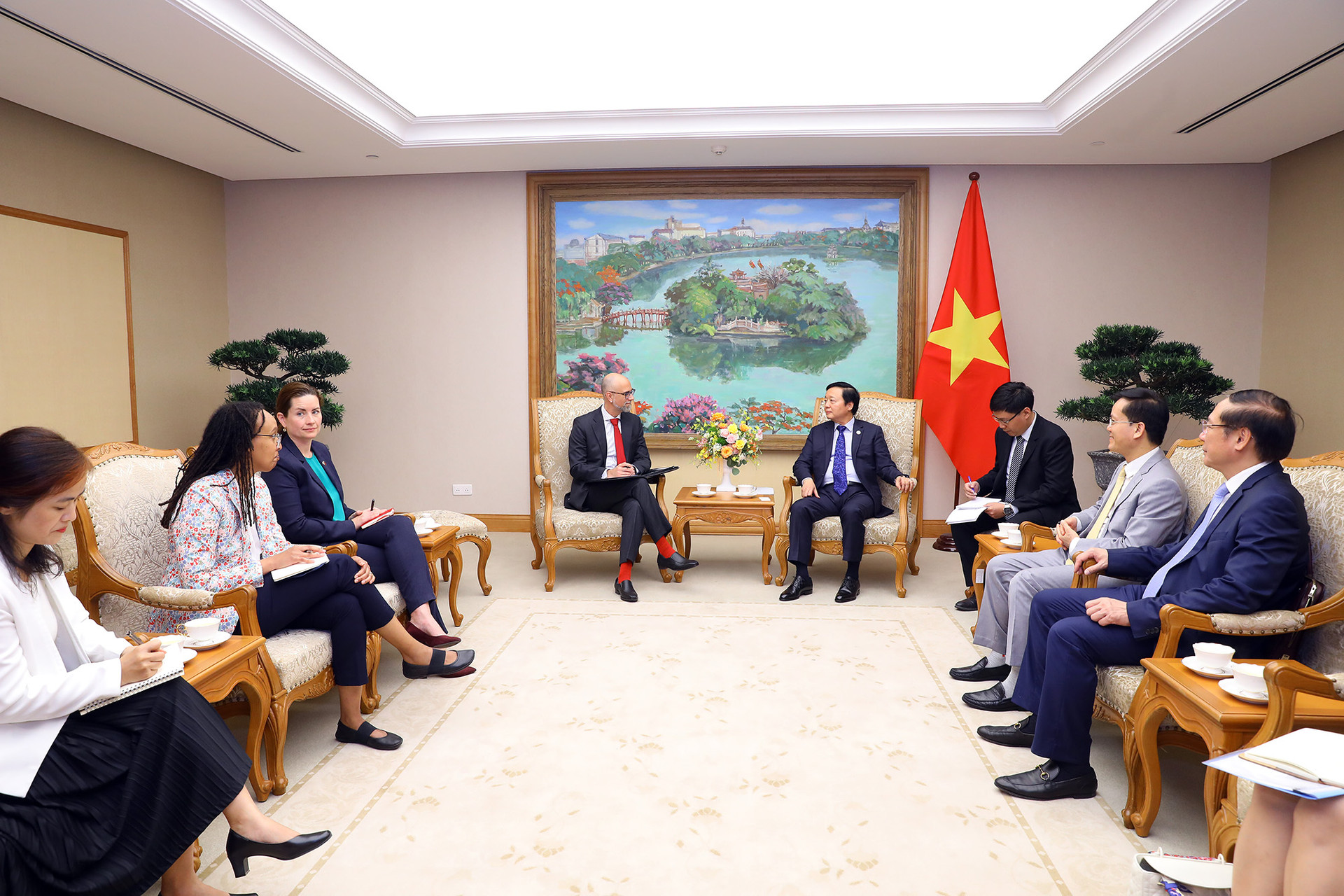






























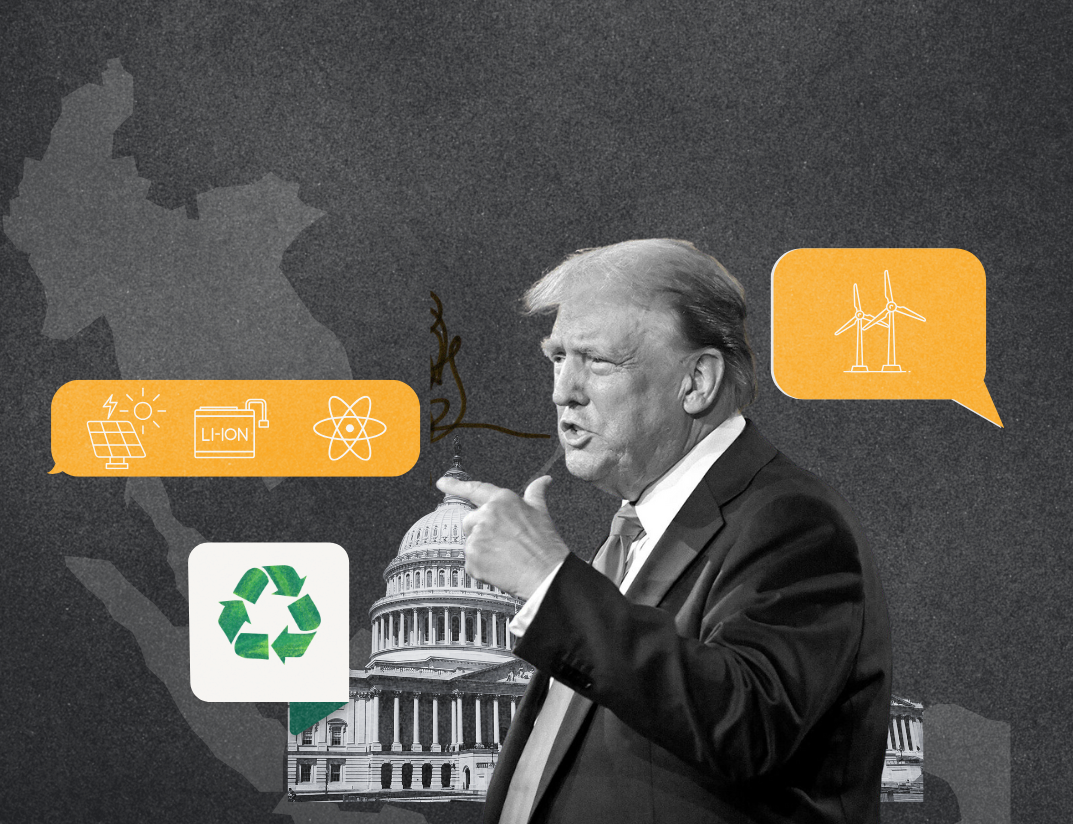
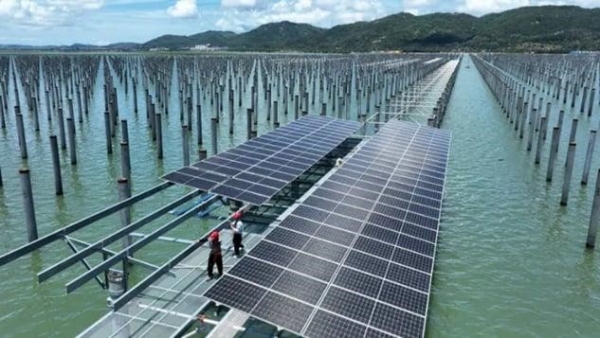

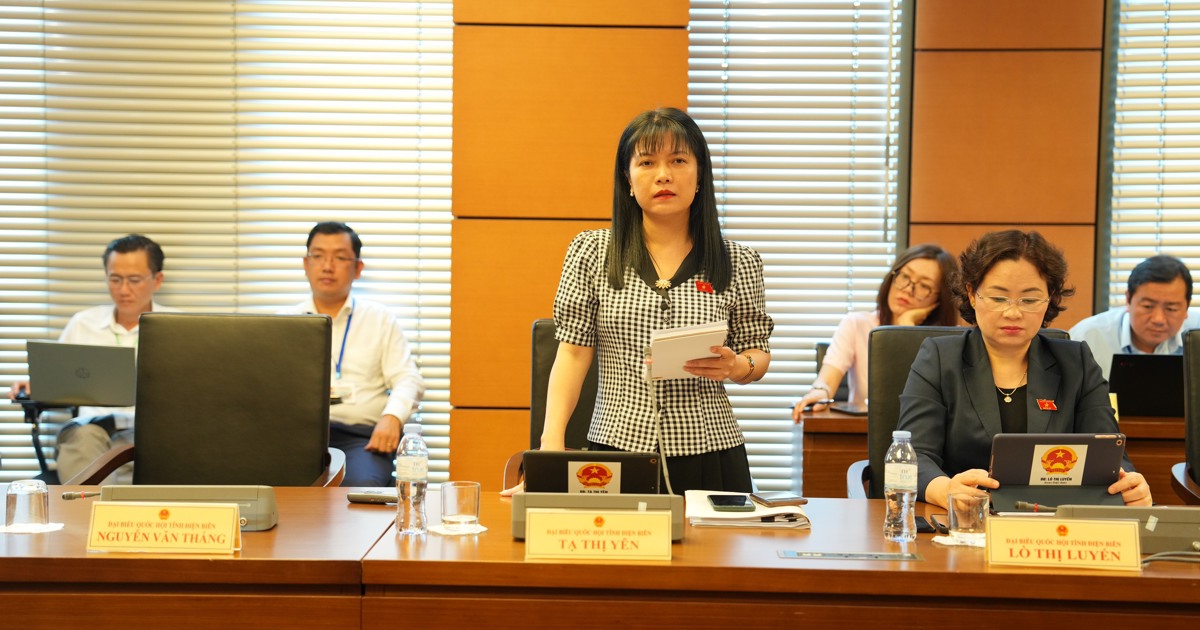

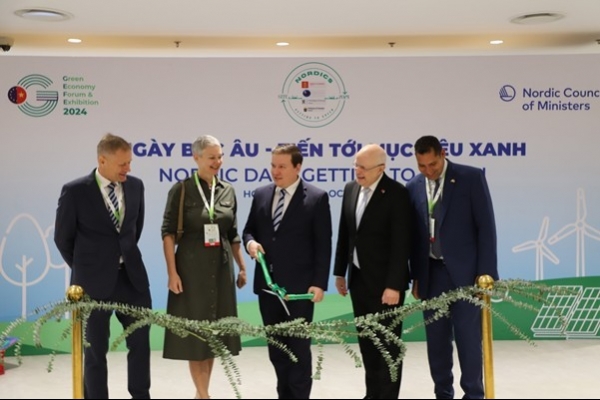

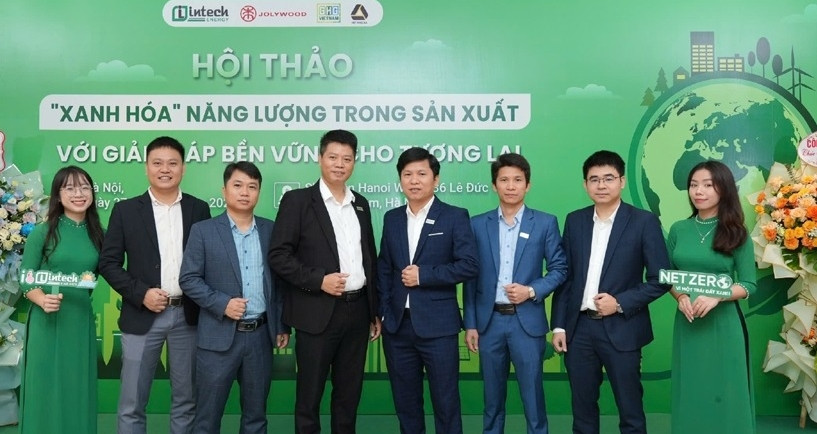



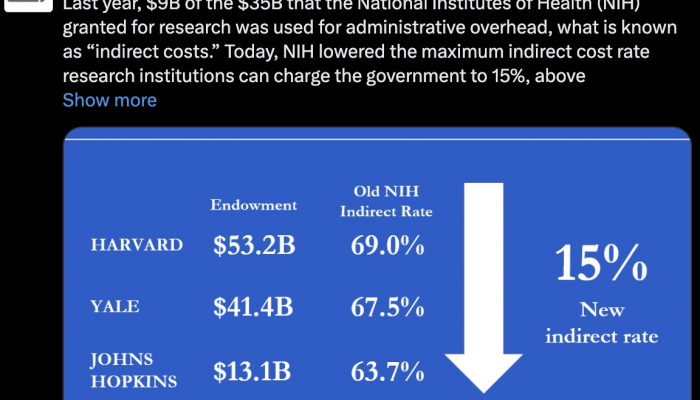

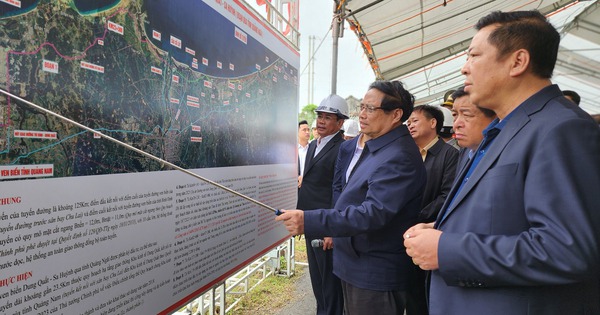

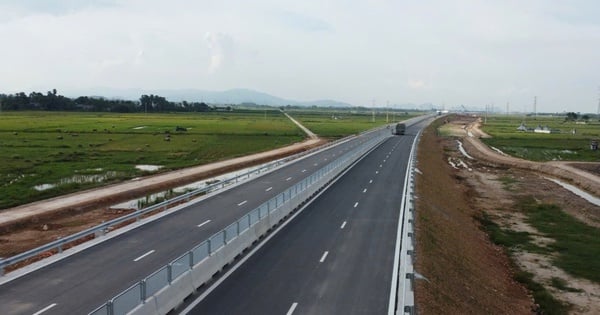

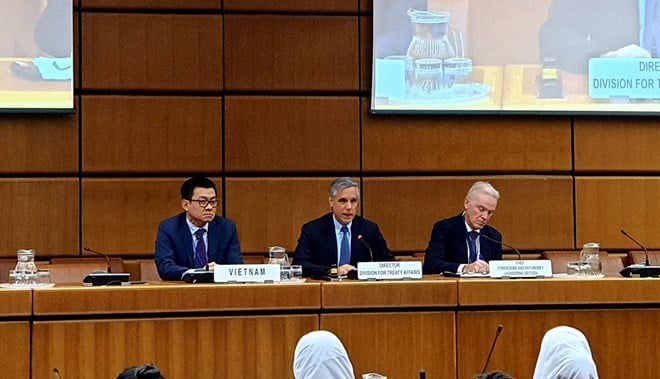


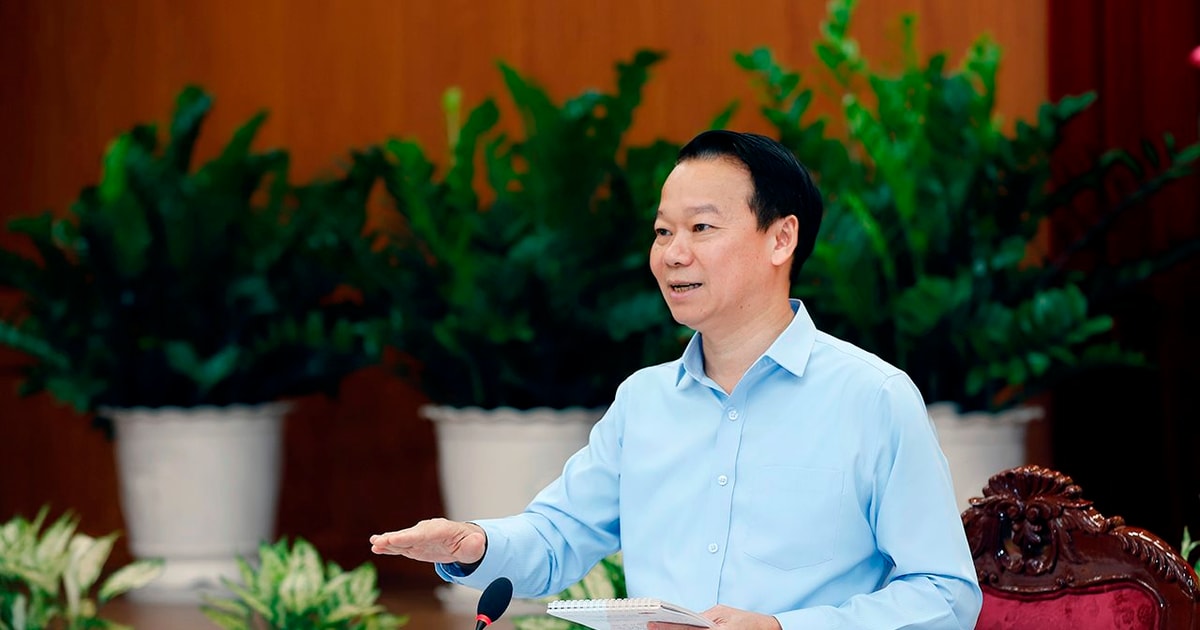
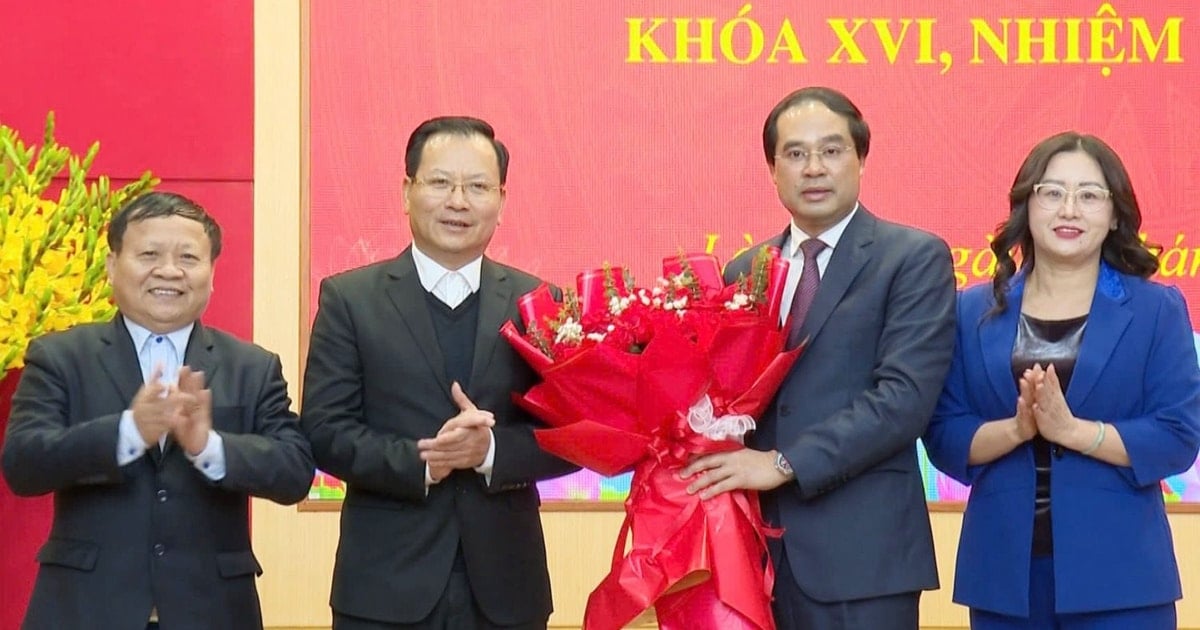
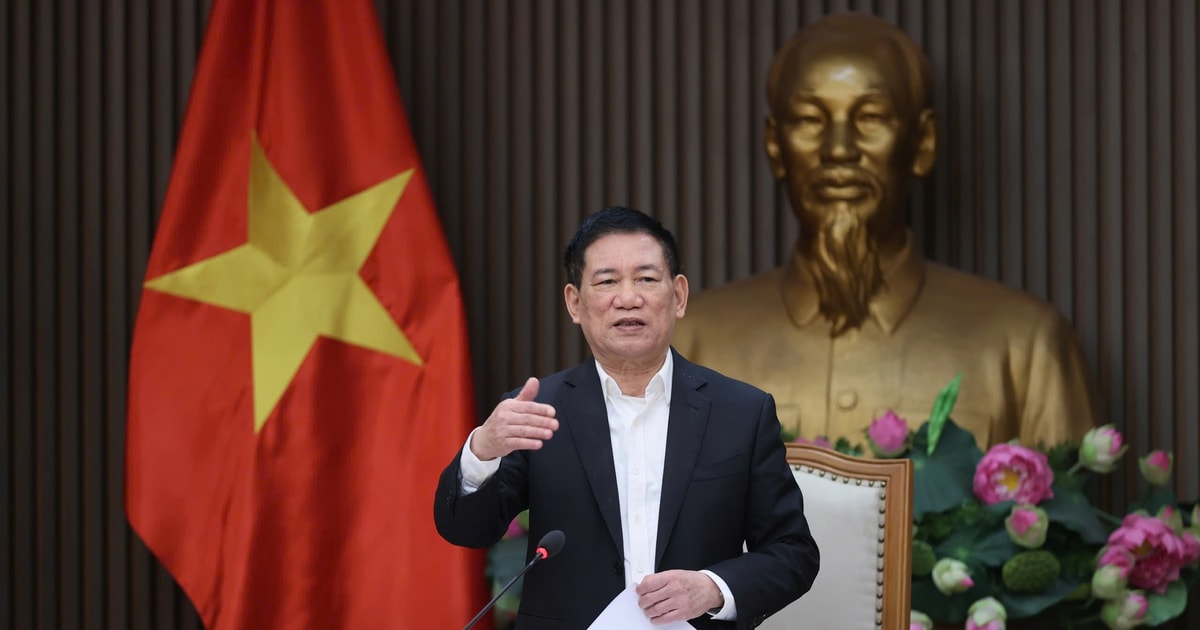
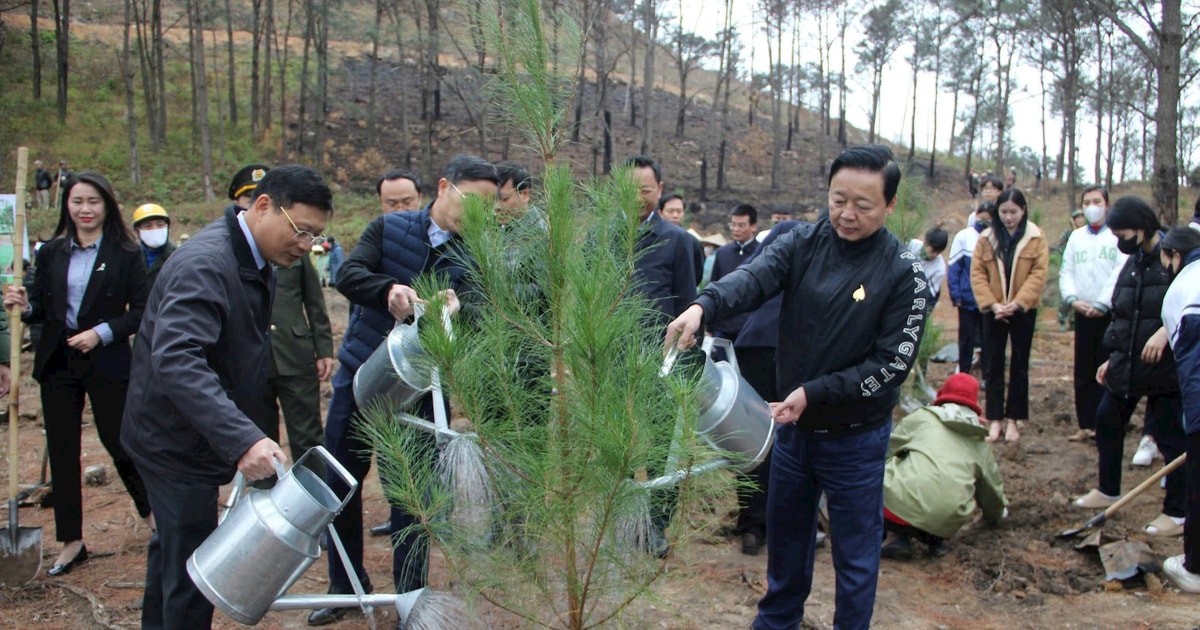
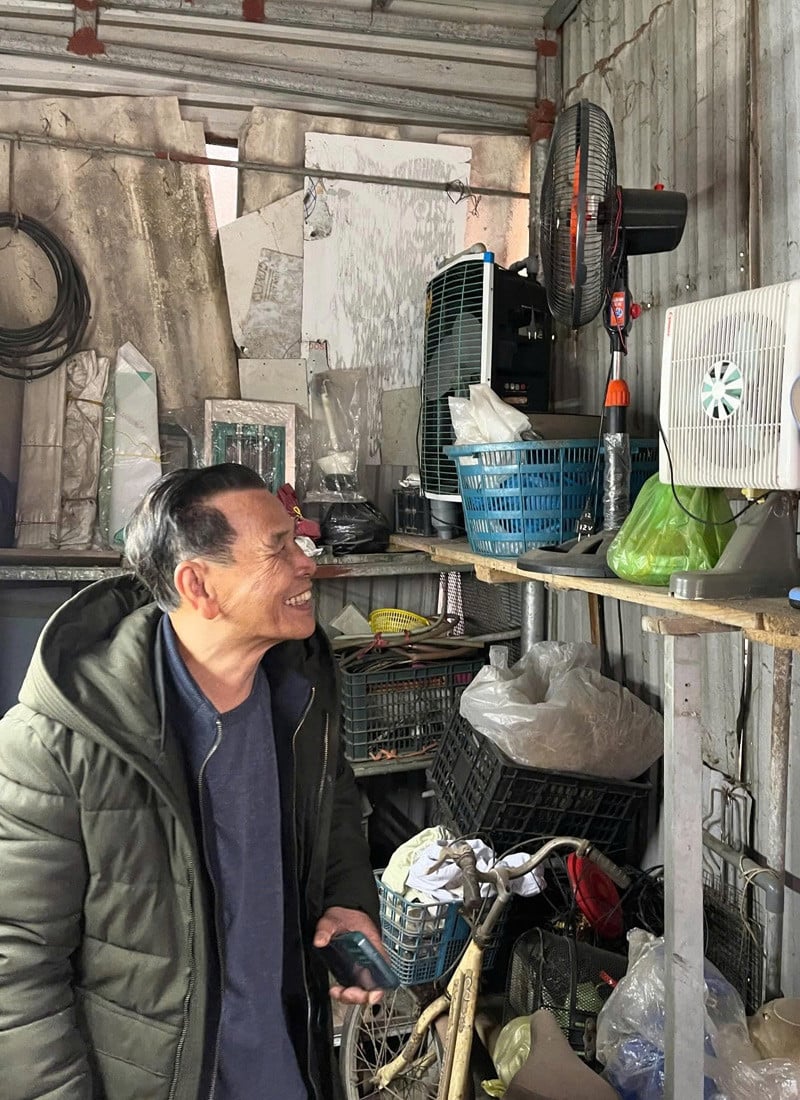
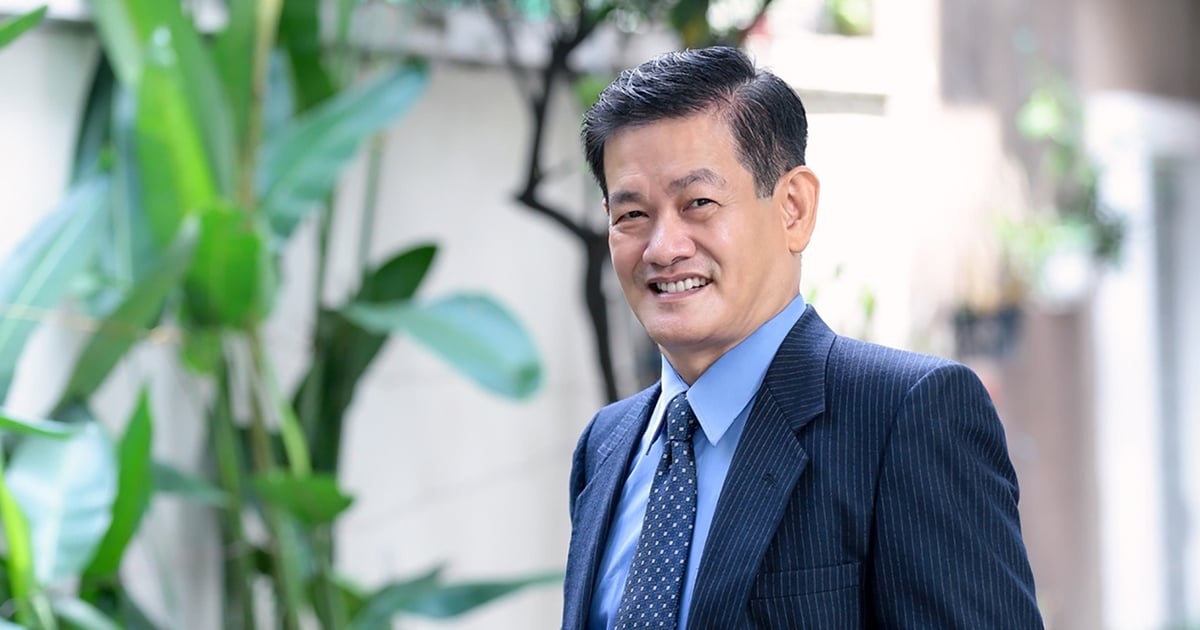




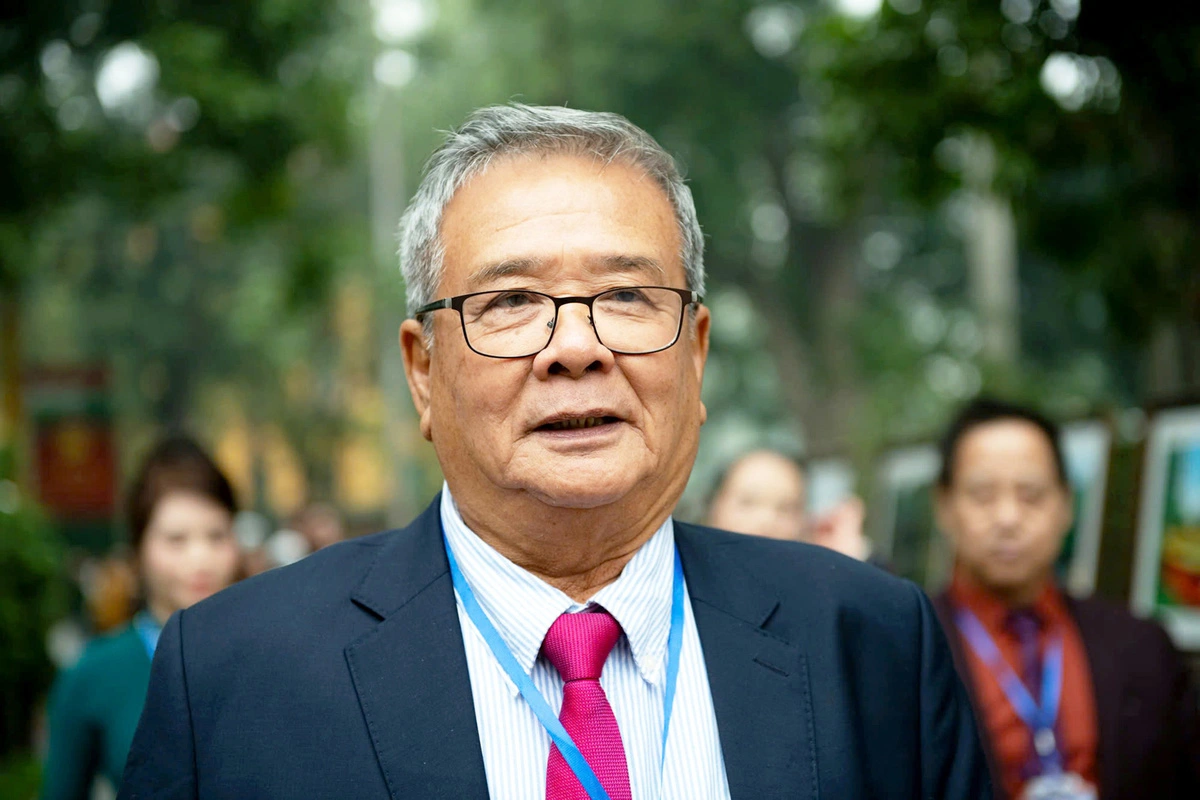




Comment (0)